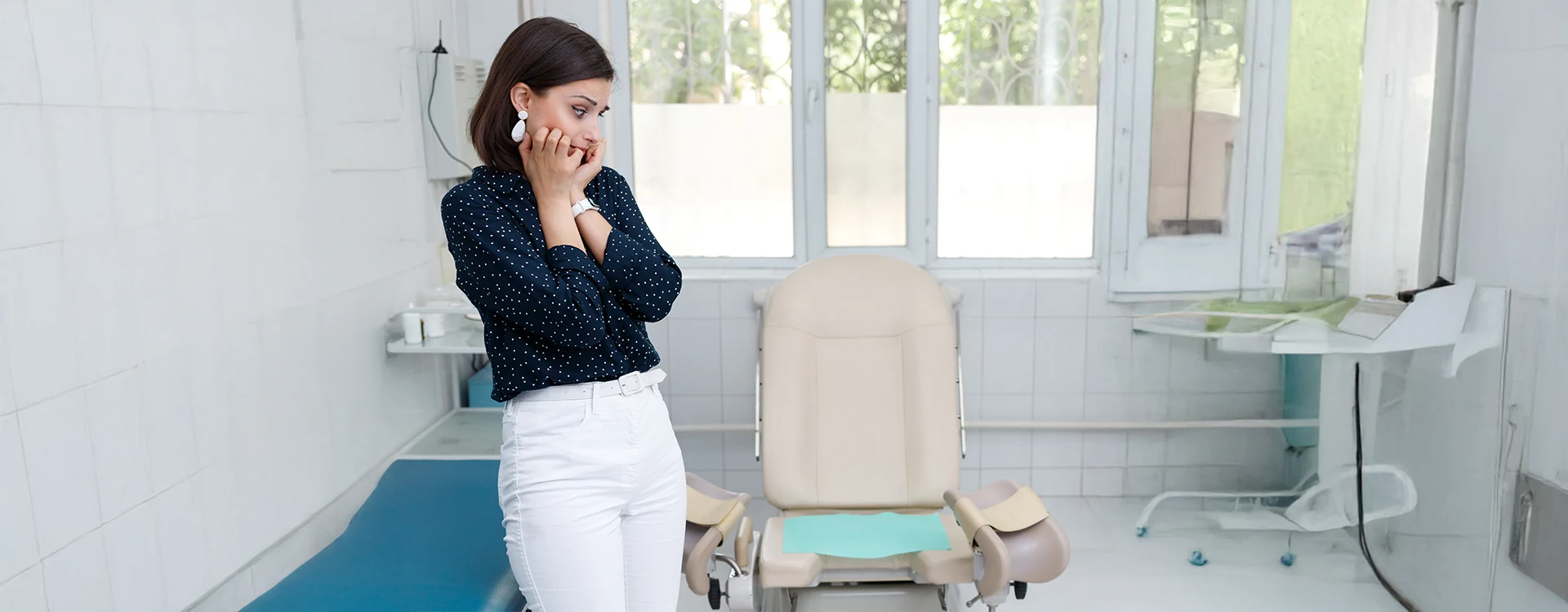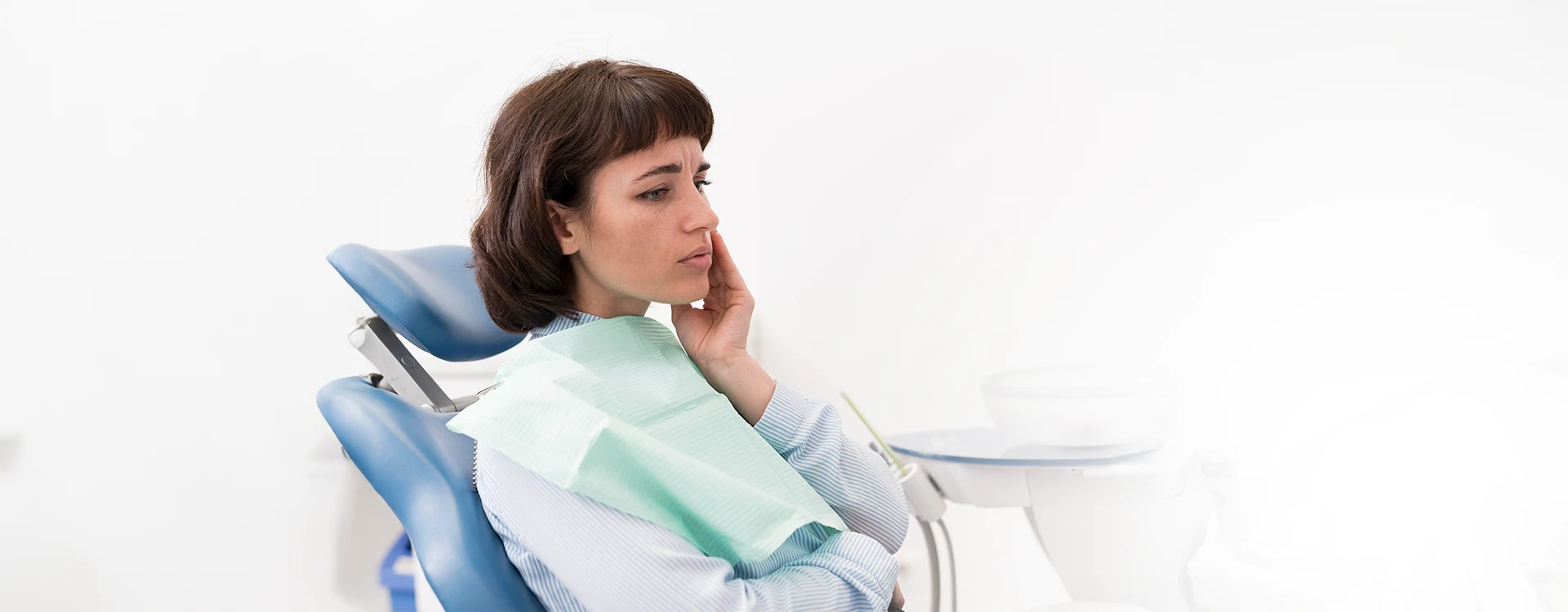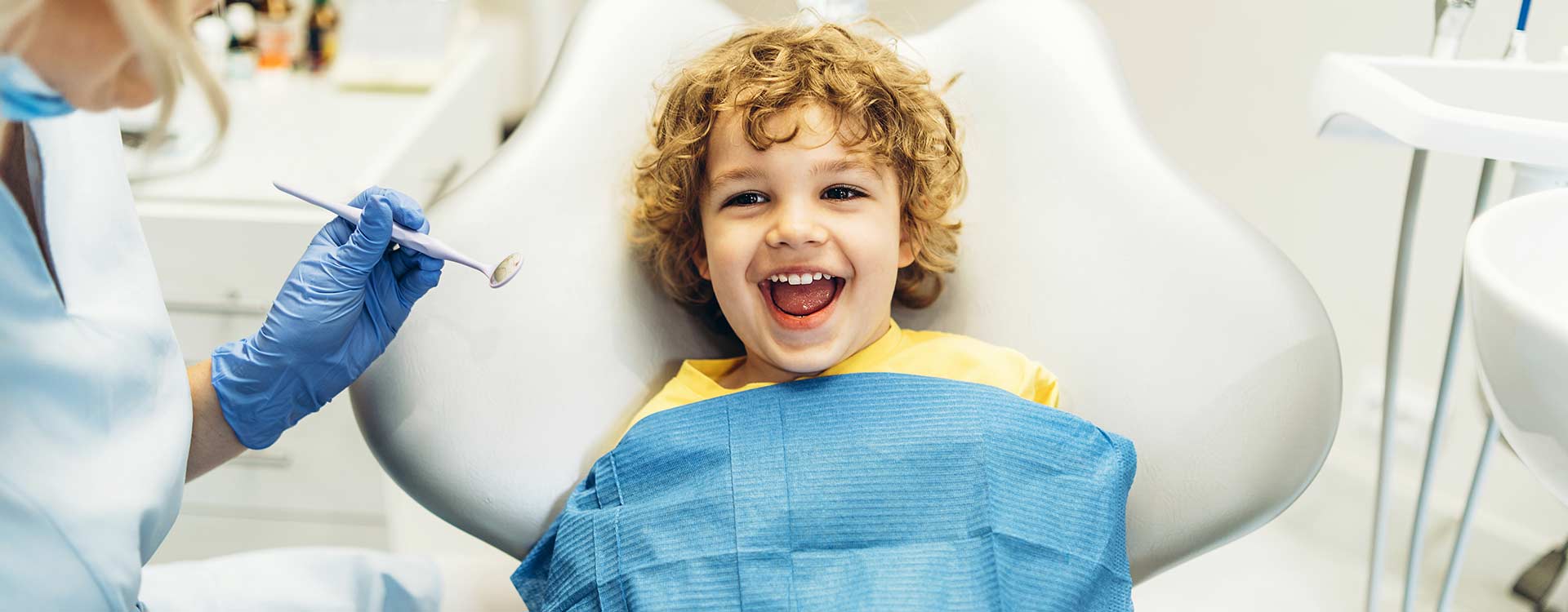Aliadent Oral and Dental Health Clinic
Severe Nausea in Dentistry

While everyone shudders at sitting in the dental chair, just thinking about it can be more terrifying for patients with poor nausea reflexes, sometimes called nausea in dentistry. Here is the catch, however, never making it to the dentist will not fix it. In fact, not going usually makes it worse, as those small issues you are avoiding end up becoming big ones. It's sort of like waiting to fix a squeaky door before it falls all the way over. Sure, the worry is genuine, but solving it ahead of time can save a ton of hassle down the line.
But with regard to gag reflex sensitivity, that's a complete different discussion. There are individuals who feel that even a little bit of pressure in a dental chair will activate it, and believe us, it can be very frustrating. It makes going in for regular checkups sound like an impossible endeavor, even when you know that you need to do it. The better news is that there are methods of beating the system, like breath tricks, different treatment procedures, or just having a dentist who understands what you're working with. So, even if it can feel like a big deal, remember that you're not alone in dealing with this, and there are solutions to make the process easier.
What Triggers a Severe Nausea Reflex?
First of all, understanding the triggers of a severe nausea will allow you to take steps to reduce its effects. People are split down the middle as to whether the severe nausea reflex is the result of physical ailments or mental issues, but it is quite possible that the severe nausea reflex can be brought about by a combination of the two. In dentistry, it most commonly expresses itself in the form of what is known as nausea in dentistry, and it can make even simple procedures appear daunting. The thing is, avoiding dentist appointments doesn't do away with the issue, if anything, it has a tendency to compound it further down the line. That's why revealing the causes and looking at some of the methods of anxiety reduction in dentistry can go a long way towards managing it. And yes, even something as trivial as dental tools sensitivity can be a cause for setting it off. When you think about how many little things are associated with the problem, it's no surprise the nausea reflex appears to be so arbitrary.
Now let's talk about what it's really like when you're in the chair and gag reflex sensitivity happens. It's worse than a tickle in the throat, it can make the whole experience uncomfortable and even make you anticipate the next appointment with dread. For some, the pair of gag reflex and anxiety makes things twice as hard, and that stress can hang over you even before you step into the clinic. It's sometimes the mirror, sometimes the suction tube, and sometimes simply the thought that it's going to happen all over again. You can try to distract yourself or focus on breathing, but it does not always work the same for every session. It's as though your body has a mind of its own, and that can be frustrating. But here's the comforting part: lots of people feel exactly the same, and there are small tricks and caring techniques that can make it so much more manageable.
What Can You Do to Reduce the Severe Nausea in Dentistry?

Besides knowing whether your severe nausea reflex is due to physiological reasons or psychological reasons, you can do the following:
- Breathe through the nose: Nose breathing is one of the most common vigorous nausea response stimulators. Try to breathe deeply through your nose for an effort. This will be uncomfortable initially but within a little practice, this can be a whole world of difference. Patients that struggle with nausea in dentistry find this small tip reassuringly calming.
- Find a distraction: Switching your focus typically eliminates the risk of an overpowering reaction of nausea. Squeezing out a stress ball, listening with headphones to music, or using self hypnosis techniques cause you to keep getting dental work done. Even focusing on something enjoyable, like what you're doing on vacation next year, distracts you from the experience. These small shifts in focus reduce that nervous sensation and help you get through the appointment easier.
- Discuss dental nausea relief methods: You may also attempt some dental nausea relief methods. For example, numbing sprays or mouthwashes reduce the feeling which induces the reflex. Your dentist can also adjust how they work so you will have more control while being treated.
- Be honest with your dentist: Sharing your concerns about vomiting reflex in dental treatment is nothing to be embarrassed about. Many dentists deal with this issue all the time and can offer practical adjustments. Simple things like taking short breaks or changing your position in the chair may ease the discomfort.
- Remember you’re not alone: Everyone becomes nausea in dentistry, and it does not always mean that you are unable to get the treatment that you need. With patience, communication, and survival skills, this can become less stressful in the long run.
Gag Reflex in Children at the Dentist
With children, the gag reflex is an entirely new experience. Children are more sensitive, period, and even a glimpse of a dental mirror coming their way can be more than they can handle. Their tiny bodies overcompensate, and that intense reflex is essentially their way of saying, "No way, not today!" " It doesn't mean that something's wrong, it's just that their mouth and throat are still learning.
In most kids, even ordinary check ups can be a test when that reflex kicks in. Luckily, children are incredibly resilient once you have made them feel safe.". Distractions like nice tales, songs, or even letting them grasp a toy can ease the tension and make the trip less scary. Gentle ways, patience in abundance, and discussing things out in their own lingo are a great assistance. The gag reflex does seem to be an unbreakable barrier initially, but with right support and calming energy, most children get accustomed to enduring treatment with minimal pain. In the end, it's a case of winning their confidence so they realize the dentist's chair is not quite so daunting after all.
Here at Aliadent, we know just how tough it is when something as mundane as a strong nausea response turns trips to the dentist anxiety inducing, and that's why we prioritize patient comfort as our top concern. Other side, dental tools sensitivity is among the issues we care about. We don't fix teeth only, we care for people. Every person who walks into our office is important to us, and we listen, connect with them, and customize care so you always feel nurtured. Your happiness isn't a mission, it's our motivation to get up and go every day.

Here are The Most Frequently Asked Questions Answered by Our Doctors












